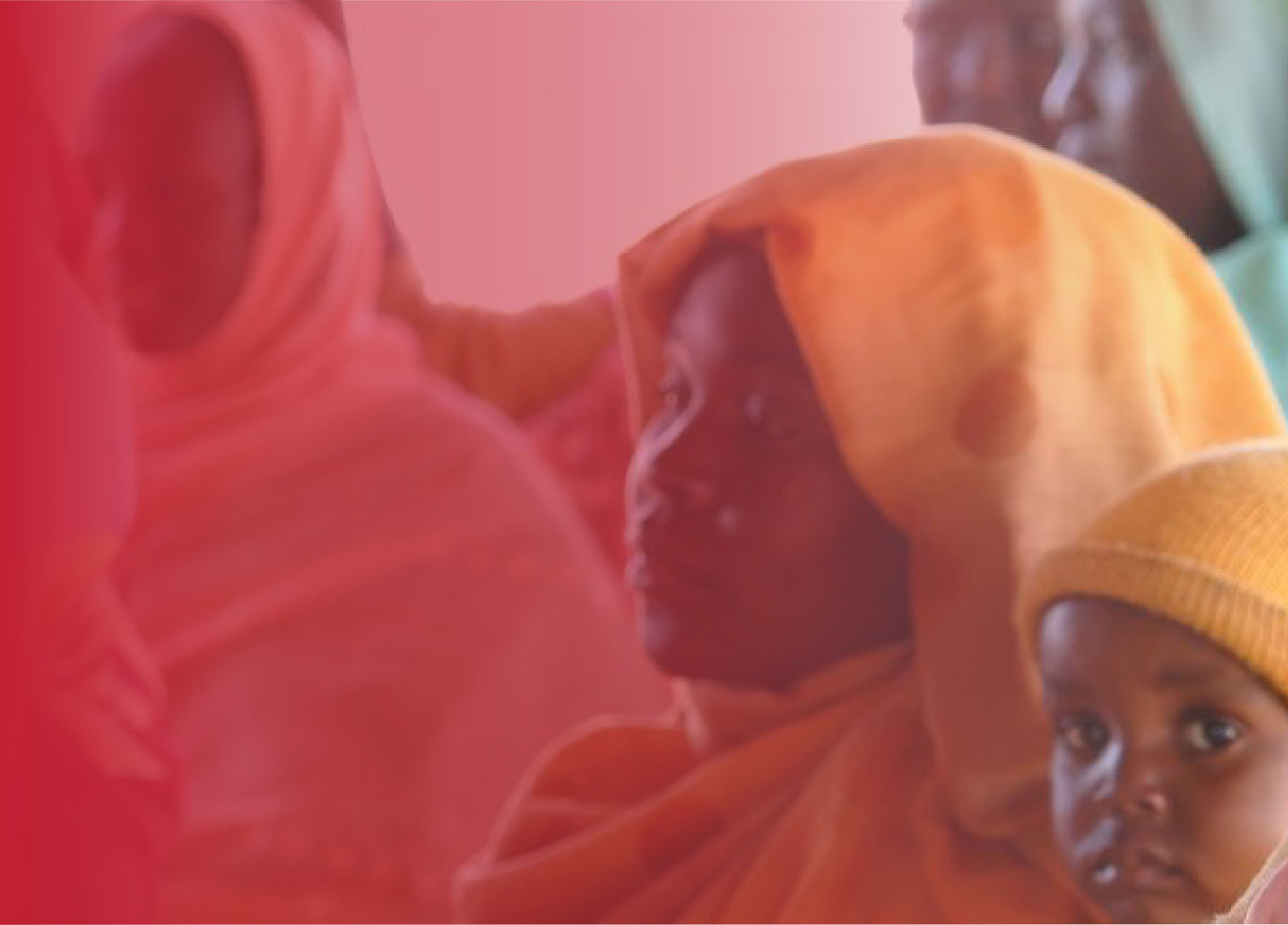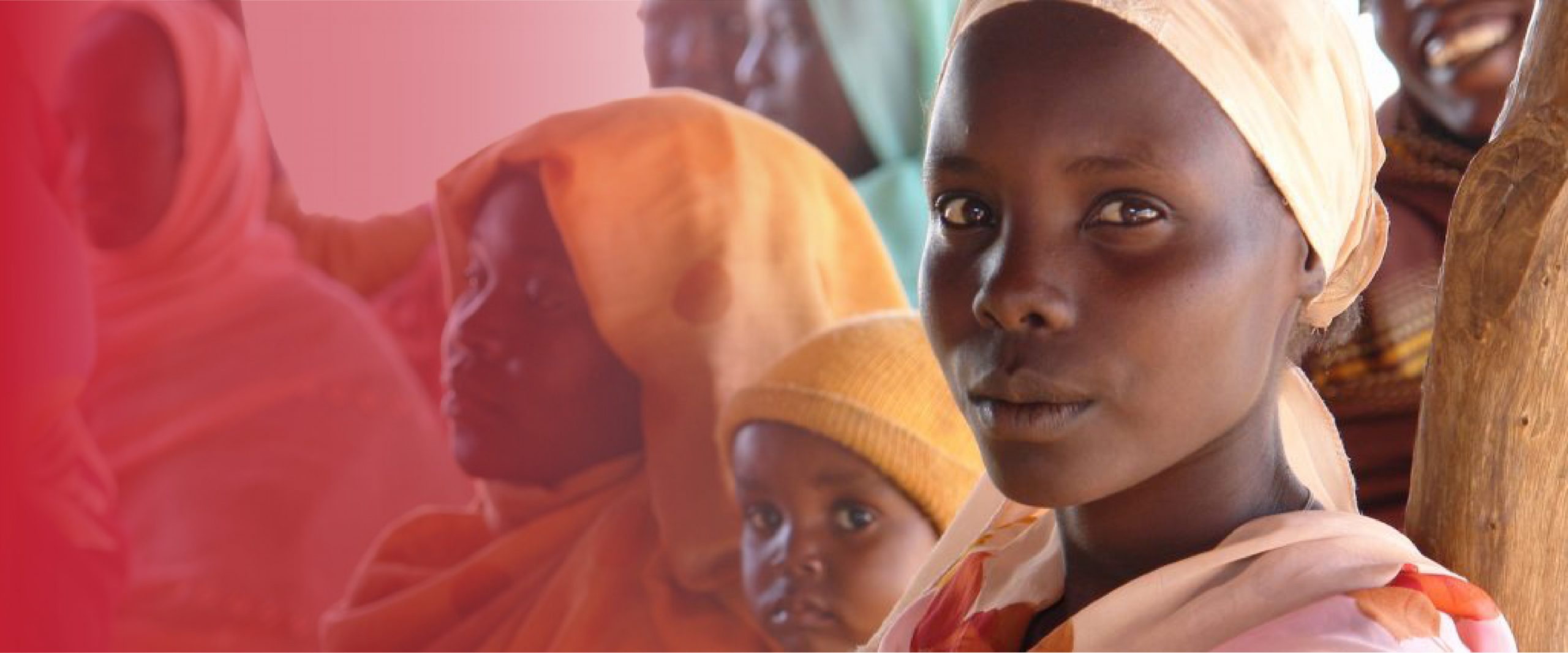Combatting Human Trafficking: Policy and Compliance Plan
Purpose and Applicability
In accordance with the mission and practice of the Women’s Refugee Commission, Inc. (“WRC”) and principles of international law and codes of conduct, all WRC representatives, both international and national, including board members, regular and temporary full- and part-time staff, interns, contractors, partners, sub-awardees, and volunteers, are responsible for promoting respect for fundamental human rights, social justice, human dignity, and respect for the equal rights of men, women, and children.
WRC is opposed to human trafficking in all forms and is committed to protecting the people that benefit from its programming from the crime of human trafficking. WRC undertakes to comply with regulations that are intended to prevent human trafficking and to ensure compliance by its employees, partners, sub-awardees, subgrantees, vendors, and contractors through this Policy and Compliance Plan (“Policy”). In addition, this Policy establishes a program compliant with standard provision M20 of USAID.
Definitions
For purposes of this Policy, employee means any individual who is engaged in the performance of activities for and on behalf of WRC as a direct employee, consultant, or volunteer of WRC (“Employee”).
The United Nations Protocol to Prevent, Suppress, and Punish Trafficking in Persons, Especially Women and Children (the “Palermo Protocol”) defines human trafficking as “the recruitment, transportation, transfer, harboring, or receipt of persons, by means of the threat or use of force or other forms of coercion, of abduction, of fraud or deception, of the abuse of power or of a position of vulnerability or of the giving or receiving of payments or benefits to achieve the consent of a person having control over another person, for the purposes of exploitation.
Human trafficking often consists of one or more of the following activities:
Coercion means
- Threats of serious harm to or physical restraint against any person;
- Any scheme, plan, or pattern intended to cause a person to believe that failure to perform an act would result in serious harm to or physical restraint against any person; or
- The abuse or threatened abuse of the legal process.
Commercial Sex Act means any sex act on account of which anything of value is given to or received by any person.
Debt Bondage means the status or condition of a debtor arising from a pledge by the debtor of his or her personal services or of those of a person under his or her control as a security for debt, if the value of those services as reasonably assessed is not applied toward the liquidation of the debt or the length and nature of those services are not respectively limited and defined.
Forced Labor means knowingly providing or obtaining the labor or services of a person
- By threats of serious harm to, or physical restraint against, that person or another person;
- By means of any scheme, plan, or pattern intended to cause the person to believe that, if the person did not perform such labor or services, that person or another person would suffer serious harm or physical restraint; or
- By means of the abuse or threatened abuse of law or the legal process.
Involuntary Servitude means a condition of servitude induced by means of
- Any scheme, plan, or pattern intended to cause a person to believe that, if the person did not enter into or continue in such conditions, that person or another person would suffer serious harm or physical restraint; or
- The abuse or threatened abuse of the legal process.
Severe Forms of Trafficking in Persons means
- Sex trafficking in which a commercial sex act is induced by force, fraud, or coercion, or in which the person induced to perform such act has not attained 18 years of age; or
- The recruitment, harboring, transportation, provision, or obtaining of a person for labor or services, through the use of force, fraud, or coercion for the purpose of subjection to involuntary servitude, peonage, debt bondage, or slavery.
Sex Trafficking means the recruitment, harboring, transportation, provision, or obtaining of a person for the purpose of a commercial sex act.
Prohibited Activities
WRC prohibits its staff, interns, contractors, partners, sub-awardees, and volunteers from engaging in in any of the following activities (each a “Prohibited Activity” and collectively, the “Prohibited Activities”):
- Engage in any form of trafficking in persons, as defined in the Palermo Protocol;
- Procure commercial sex acts while employed by or during the term of a contract with WRC;
- Use Forced Labor in the performance of a contract or other work for WRC;
- Destroy, conceal, confiscate, or otherwise deny an Employee access to such Employee’s identity or immigration documents;
- Solicit a person for the purpose of employment, or offering employment, by means of misleading, materially false or fraudulent pretenses, representations, or promises regarding that employment;
- Use recruiters that do not comply with local labor laws;
- Charge Employees (or potential Employees) recruitment fees;
- Fail to or refuse to provide return transportation or pay for the cost of return transportation upon the end of employment for a person that has been brought to the country in order to work for WRC, unless (i) WRC has been exempted from the requirement to provide or pay for such return transportation or (ii) the Employee is a victim of human trafficking seeking victim services or legal redress in the country of employment or a witness in a human trafficking enforcement action;
- Provide or arrange housing that fails to meet the host country housing and safety standards; or
- If required by law, fail to provide a written employment contract.
WRC takes very seriously its commitment to prevent human trafficking. Any failure by staff, interns, contractors, partners, sub-awardees, and volunteers to comply with the above provisions will result in disciplinary action or termination of the subaward or contract.
In the event WRC receives any credible information regarding a violation of the Prohibited Activities, it will immediately inform the relevant Agreement Officer and the USAID Office of the Inspector General and will fully cooperate with any Federal agencies responsible for audits, investigations, or corrective actions related to trafficking in persons.
Compliance Plan
To fulfill the goals of this Policy, WRC undertakes the following:
- Awareness: Make staff aware of this Policy, through written materials and/or training, and the consequences of failure to comply.
- Reporting: Encourage staff to report suspicious activity, as described in the “Reporting” section below.
- Recruitment and Wages: Ensure local legal requirements are met with regard to recruitment and wages, to the extent WRC recruits local Employees in relation to its programs. WRC will only use recruitment companies with trained Employees, will not charge recruitment fees to any Employees, and will pay wages that meet legal requirements of the applicable host-country (or explain any variance from such legal requirements).
- Housing: Ensure local housing and safety standards are met with regard to housing, to the extent WRC engages local Employees in relation to its programs.
- Monitoring: Make all sub-awardees or partners aware of this Policy at the start of the relationship and monitor their activities. Sub-awardees, and their employees and agents, must formally undertake to comply with this Policy, including a list of the Prohibited Activities, in their agreements with WRC. Sub-awardees or contractors that violate this Policy must be terminated.
In all cases, procedures must be appropriate to the size and complexity of the project and to the nature and scope of the activities.
Reporting Procedures
All staff, interns, contractors, partners, sub-awardees, and volunteers must report suspicious activity in relation to this Policy as soon as possible. As with all ethical matters, Employees reporting in good faith are protected by WRC’s Whistleblower Policy.
Anonymous reports may be made on WRC’s website under “Ethics Hotline: Report an Issue.” Reports can also be made online, via a mobile app, or, in the United States, by calling a domestic toll-free hotline at 1-844-927-2279.
Additionally, reports may be made to Global Human Trafficking Hotline at 1-844-888-FREE and its e-mail address at help@befree.org.



